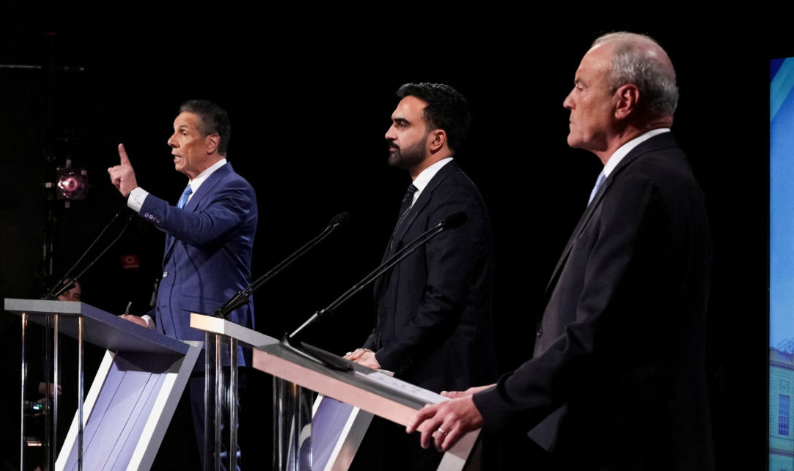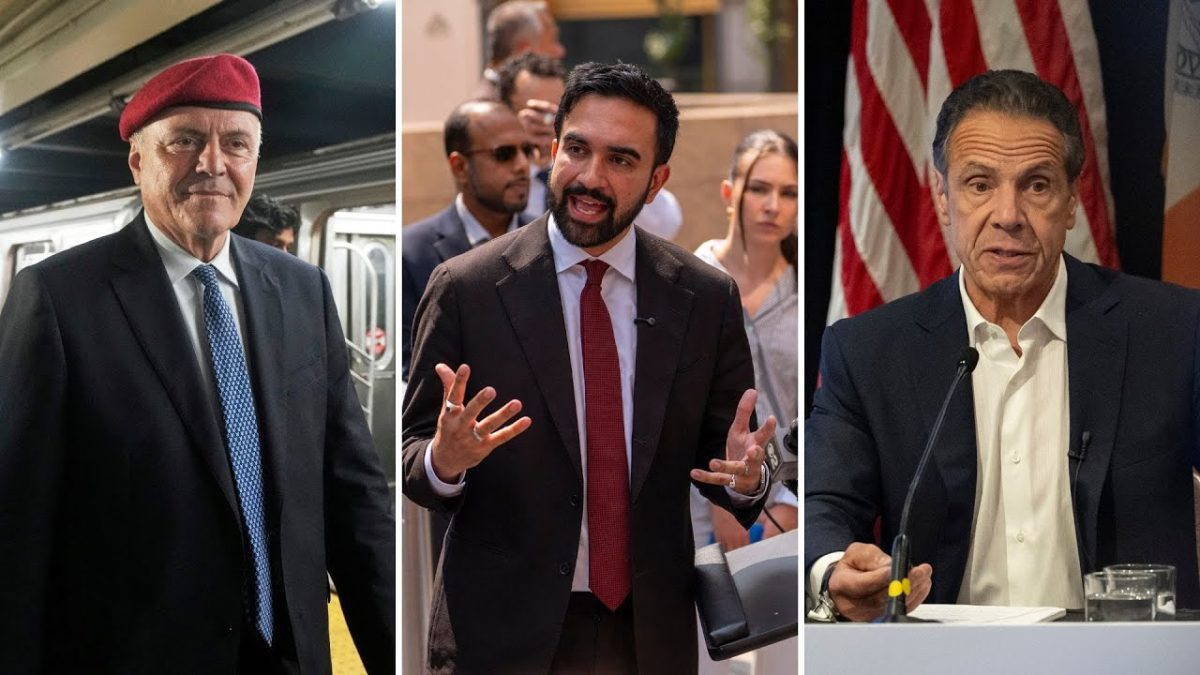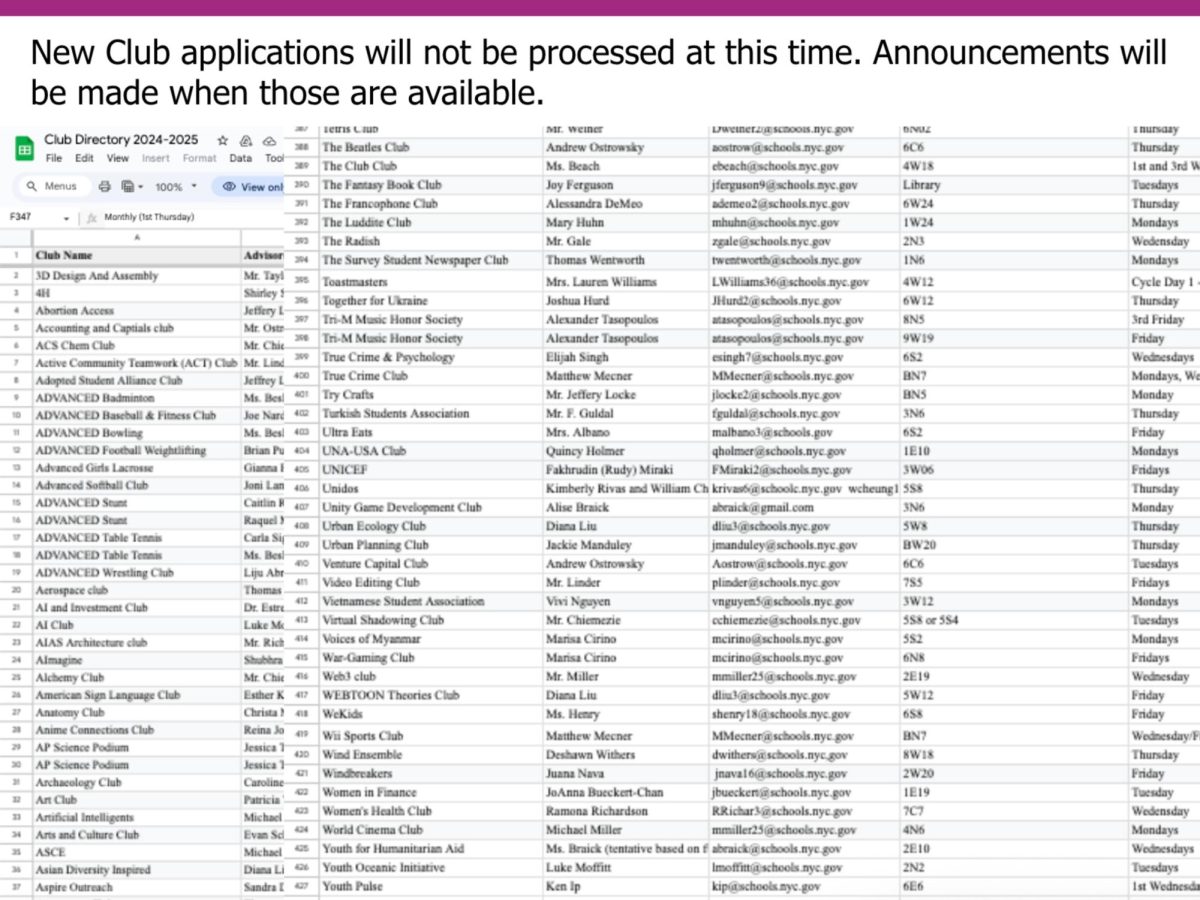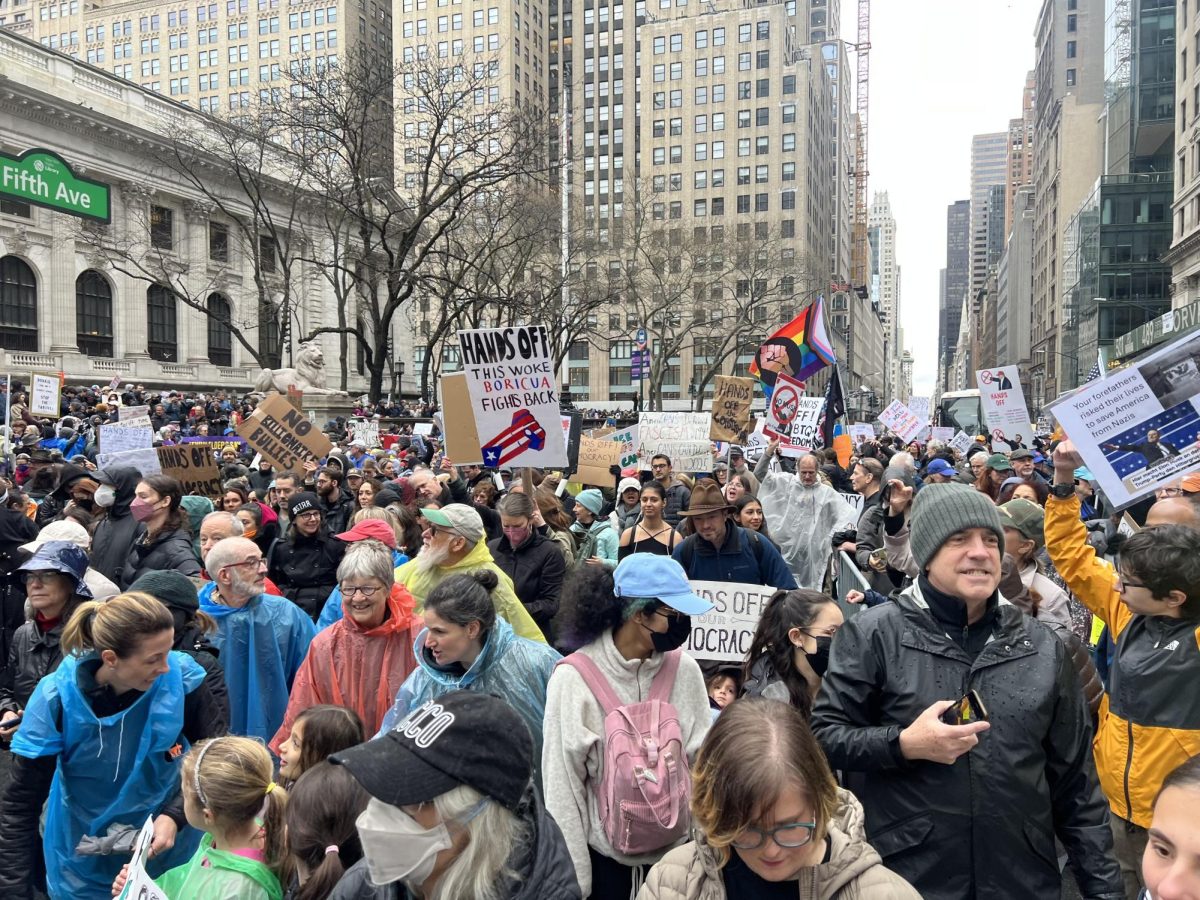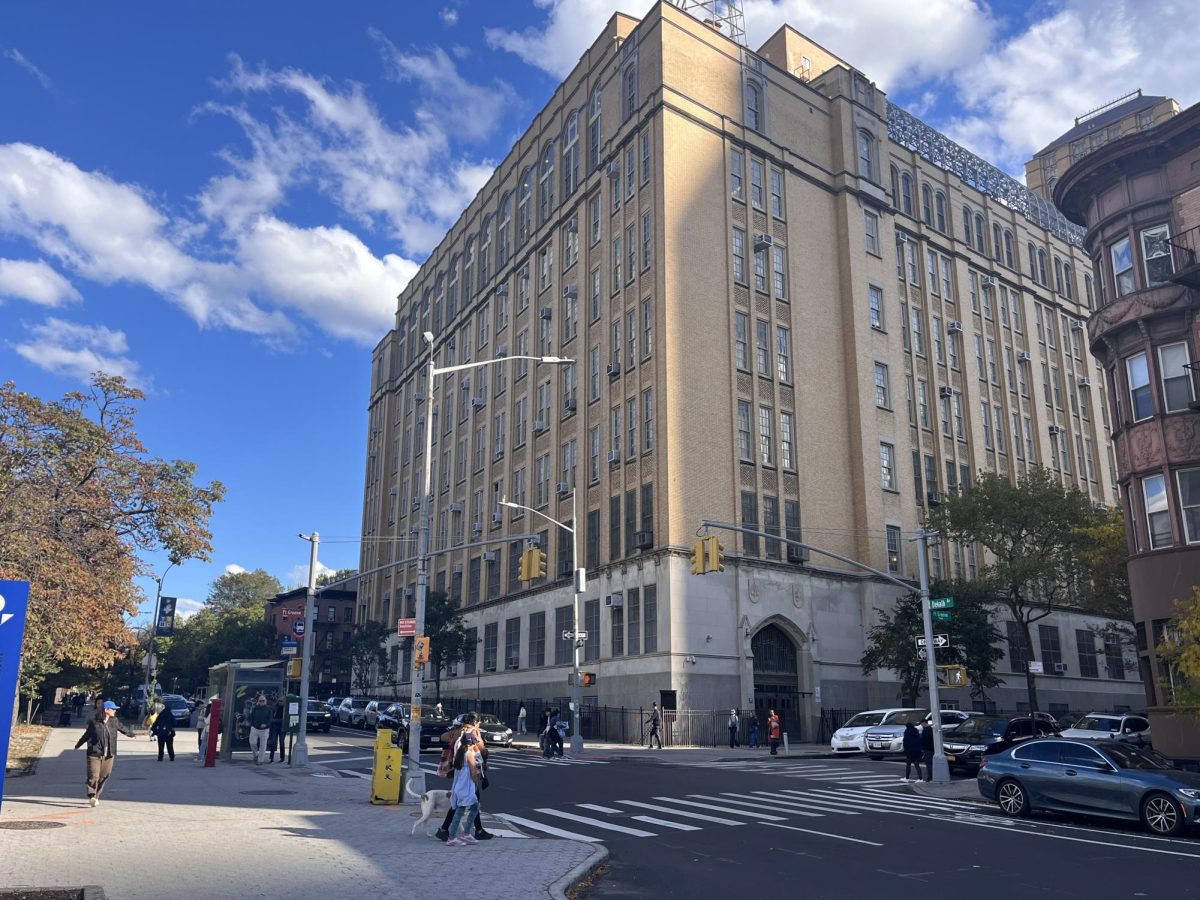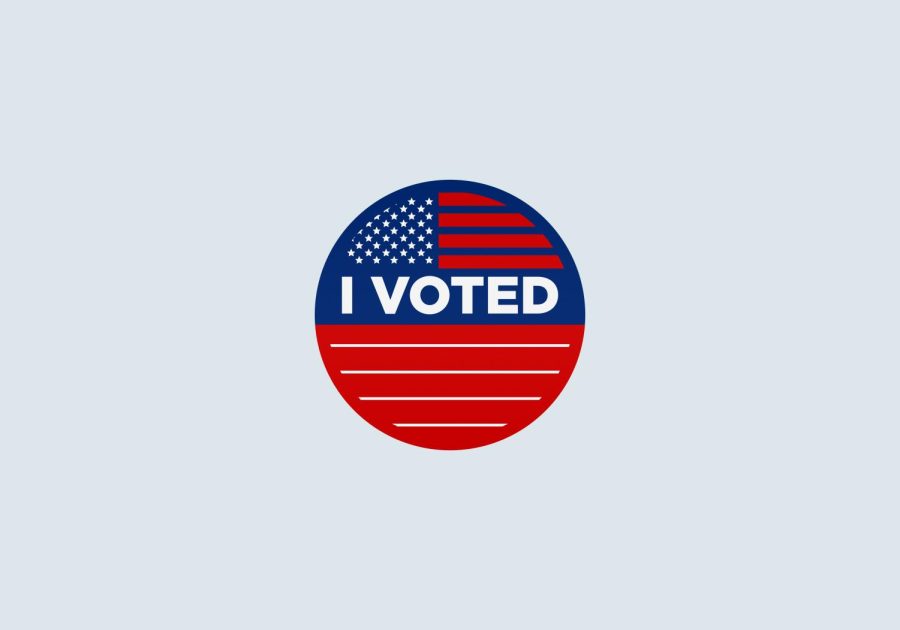Partisanship at Tech
June 7, 2022
Brooklyn Tech’s large student body represents a myriad of cultural backgrounds, but a poll conducted by The Survey revealed that the majority of Tech students do not perceive the school to be as ideologically diverse. 77.5% of respondents believed that the school was primarily liberal, whereas 22.5% believe it to be primarily moderate. No students believed the school to be primarily conservative.
Lucas Roca (‘23) compared Tech’s diversity to the similarities in beliefs between “a man from Idaho and a man from Montana.”
However, Technites may hold more varied views than what is apparent. 41% of Tech students surveyed identified as Independent, 35.9% identified with the Democratic Party, 7.8% identified as Democratic Socialist, and 5.1% of respondents identified with the Republican Party.
There is no distinct reason as to why students do not believe Tech is ideologically diverse, as it is an incredibly diverse school in terms of geographic and demographic factors. Some students attribute it to widespread closed-mindedness, leading students in the ideological minority to be less outspoken about their beliefs.
Elliot Hammer (‘23), a self-described liberal, commented, “I think it is really uncommon to meet a truly open-minded person [at Tech]… The majority of our school population [is close-minded] and…that is simply representative of the reality we live in.”
Byron Luong (‘24), a Republican, disagreed with the argument that Tech is closed-minded. He elaborated, “In my opinion, most of Tech is open-minded. Many of my friends know that I am a Republican, and being Republican is hard around other places but here at Tech everyone is very kind, open-minded, and chill with me being Republican.”
Michael Petrov (‘23), a right-leaning centrist, argued, “I believe Tech students are not that open-minded, but not that close-minded either. I haven’t seen anyone get ostracized or excluded for their views. Students are not entirely open-minded in regards to more extreme or controversial viewpoints.”
Many students believe that teachers also have a fundamental role in creating Tech’s political climate. As teachers are seen as role models and knowledgeable individuals, students can gravitate towards their beliefs. Some believe that it is difficult for teachers to discuss current events with their students without revealing their personal biases.
According to Hammer, “Some teachers do show their political or ideological colors, but I see no problem with it in my classes, as it always pertains to the subject and is for educational purposes.”
Petrov has a slightly different take. “I definitely think Brooklyn Tech, as a school, pushes its students to have certain beliefs… I think many teachers have biased leanings that they often incorporate into what they’re saying. I would say this, combined with the fact that many of these teachers have views that can be considered ‘liberal,’ Brooklyn Tech does push its students to have certain beliefs, even if not necessarily bad ones.”
Some students believe that the school needs to do a better job of promoting open political discourse. Hammer explained, “We definitely should have more political discussions in our school because it’s vital for our community to be educated in our government, policies, and politics that affect their lives. Not enough people I know are engaged in the historical background of many subjects, or the political situations we have found, and do find ourselves in right now. Political engagement only fuels knowledge and education on the subject, and that is important for a school community to strive to achieve.”
However, some believe that political debates would only fuel Tech’s partisan flames. Petrov commented, “I think that the less modern political discussions we have in our school, the better. …I think that flat-out discussions would make [Tech’s partisan bias] more apparent, and they would just cause more disagreement. So, I think the school should just focus on pure information, and avoid modern political discussions.”
In an overly politicized society, schools are one of the most important facilitators of information and ideas. This is amplified at a school such as Tech, with a student body totaling more than 6,000. However, a lack of tolerance among students may lead Tech to be perceived as less ideologically diverse than it actually is. An increase in acceptance amongst students of different ideologies can be the first step toward bridging partisan divides and ensuring that all Tech voices are heard.

